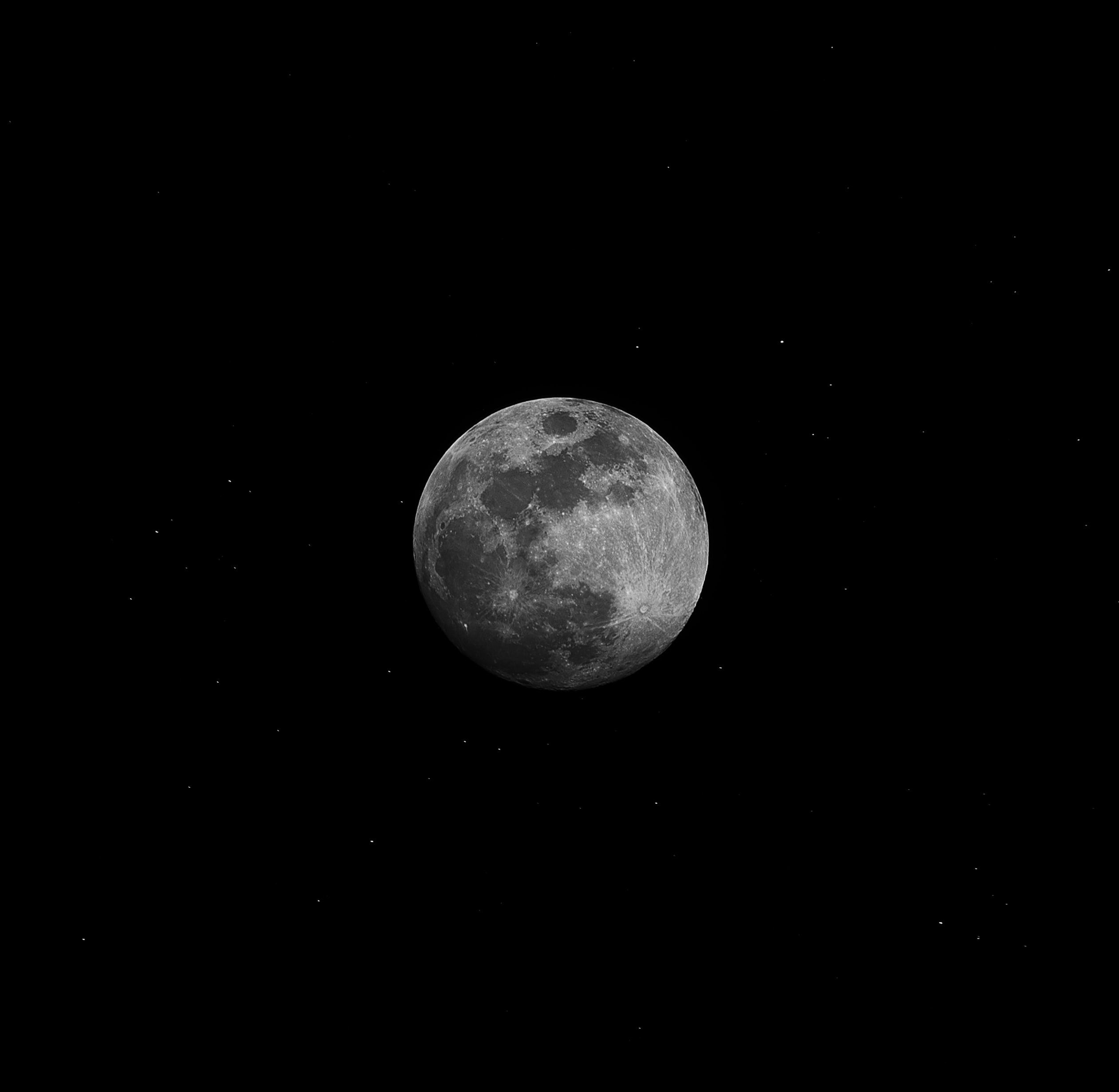Holistic Healing Definition: Exploring a Multidimensional Approach to Well-being
When it comes to health and wellness, many people are increasingly turning to holistic healing as an alternative or complementary approach to traditional medicine. Holistic healing aims to address not only physical ailments but also considers the mental, emotional, and spiritual aspects of a person’s well-being. In this comprehensive guide, we will delve into the holistic healing definition, explore its principles, and discuss the various modalities and practices associated with this multidimensional approach to wellness.
Understanding Holistic Healing
Holistic healing, also known as alternative medicine or integrative medicine, views individuals as complex beings comprised of interconnected parts. Rather than solely treating the symptoms of a particular condition, holistic healing aims to identify and address the root causes of an ailment. By considering the whole person, including their mind, body, and spirit, holistic healing seeks to restore balance and harmony, promoting overall well-being.
At its core, holistic healing emphasizes that the mind, body, and spirit are interconnected and influence one another. It recognizes that a person’s mental state, emotions, and spiritual beliefs can significantly impact their physical health. Therefore, holistic healing takes a comprehensive and individualized approach to wellness, focusing on all aspects of a person’s being to promote optimal health.
Principles of Holistic Healing
To better understand holistic healing, it’s essential to examine its underlying principles. These principles guide practitioners and individuals seeking holistic healing in their approach to well-being. Key principles of holistic healing include:
- 1. The Whole Person: Holistic healing acknowledges that individuals are multidimensional beings, consisting of physical, mental, emotional, and spiritual aspects.
- 2. Prevention: Holistic healing emphasizes the importance of preventive measures to maintain overall well-being and reduce the risk of illness.
- 3. Treatment of Root Causes: Instead of focusing solely on treating symptoms, holistic healing aims to identify and address the underlying causes of health issues.
- 4. Individualized Care: Recognizing that each person is unique, holistic healing tailors treatment plans to meet individual needs and preferences.
- 5. Self-care and Empowerment: Holistic healing encourages individuals to actively participate in their own healing process, taking responsibility for their well-being.
- 6. Integration of Modalities: Holistic healing integrates various complementary therapies and modalities to support healing on multiple levels.
Modalities and Practices in Holistic Healing
Holistic healing encompasses a wide range of modalities and practices, each playing a role in addressing the diverse needs of individuals seeking well-being. Some popular modalities and practices associated with holistic healing include:
1. Acupuncture
Acupuncture is a traditional Chinese medicine practice that involves inserting thin needles into specific points on the body. It is believed to stimulate energy flow and restore balance within the body to promote healing. Acupuncture is commonly used to alleviate pain, relieve stress, and support overall well-being.
2. Herbal Medicine
Herbal medicine, also known as botanical medicine, utilizes plants and plant extracts to promote healing. With a long history of use in various cultures, herbal medicine offers natural remedies for common ailments and supports overall health. Examples include using chamomile for relaxation or turmeric for its anti-inflammatory properties.
3. Energy Healing
Energy healing involves the manipulation and balancing of the body’s energy fields to promote well-being. Modalities such as Reiki, Qi Gong, and Therapeutic Touch work with this concept. Practitioners believe that imbalances or blockages in energy flow can lead to illness and that restoring balance can support healing.
4. Mind-Body Practices
Mind-body practices aim to connect the mind and body to enhance well-being. Examples include yoga, meditation, tai chi, and breathwork. These practices not only promote physical strength and flexibility but also cultivate a sense of calm, reduce stress, and improve mental clarity.
5. Nutrition and Dietary Approaches
Considering that food has a profound impact on our well-being, holistic healing emphasizes the importance of proper nutrition. Dietary approaches may involve individualized meal plans, whole food nutrition, or specific diets such as veganism or the Mediterranean diet. Nutritional support plays a crucial role in optimizing health and preventing illness.
6. Emotional and Psychological Support
Holistic healing recognizes the significant impact of emotions and psychological well-being on overall health. Practices such as counseling, psychotherapy, and emotional release techniques are used to address mental and emotional challenges, provide support, and promote healing.
7. Bodywork and Massage Therapy
Bodywork and massage therapy involve the manipulation of soft tissues to promote relaxation, reduce muscle tension, and alleviate pain. Modalities such as Swedish massage, deep tissue massage, and myofascial release are commonly employed in holistic healing practices.
Criticism and Controversy
As with any approach to health and wellness, holistic healing has faced criticism and controversy. Skeptics argue that the efficacy of certain modalities lacks scientific evidence, while others question the safety of specific practices. It is important to approach holistic healing with an open mind, do thorough research, and consult with qualified practitioners before incorporating any modality into your wellness routine.
Embarking on Your Holistic Healing Journey
Holistic healing offers a comprehensive and individualized approach to well-being, taking into account the interconnectedness of the mind, body, and spirit. By addressing the root causes of health imbalances and utilizing various modalities, holistic healing strives to promote optimal health and foster a sense of wholeness.
If you are considering embarking on a holistic healing journey, it is essential to consult with qualified practitioners, do thorough research, and make informed decisions. Remember, holistic healing is not meant to replace conventional medical treatment but can serve as a complementary approach to enhance your overall well-being.
References:
- NCBI – Holistic Healing: Beyond the Limitations of Traditional Biomedicine
- NCBI – Holistic Approaches to Health and Well-being: Perspectives from Qualitative Research
- NCBI – The Role of Holistic Health in Overall Well-being
Table of Contents
